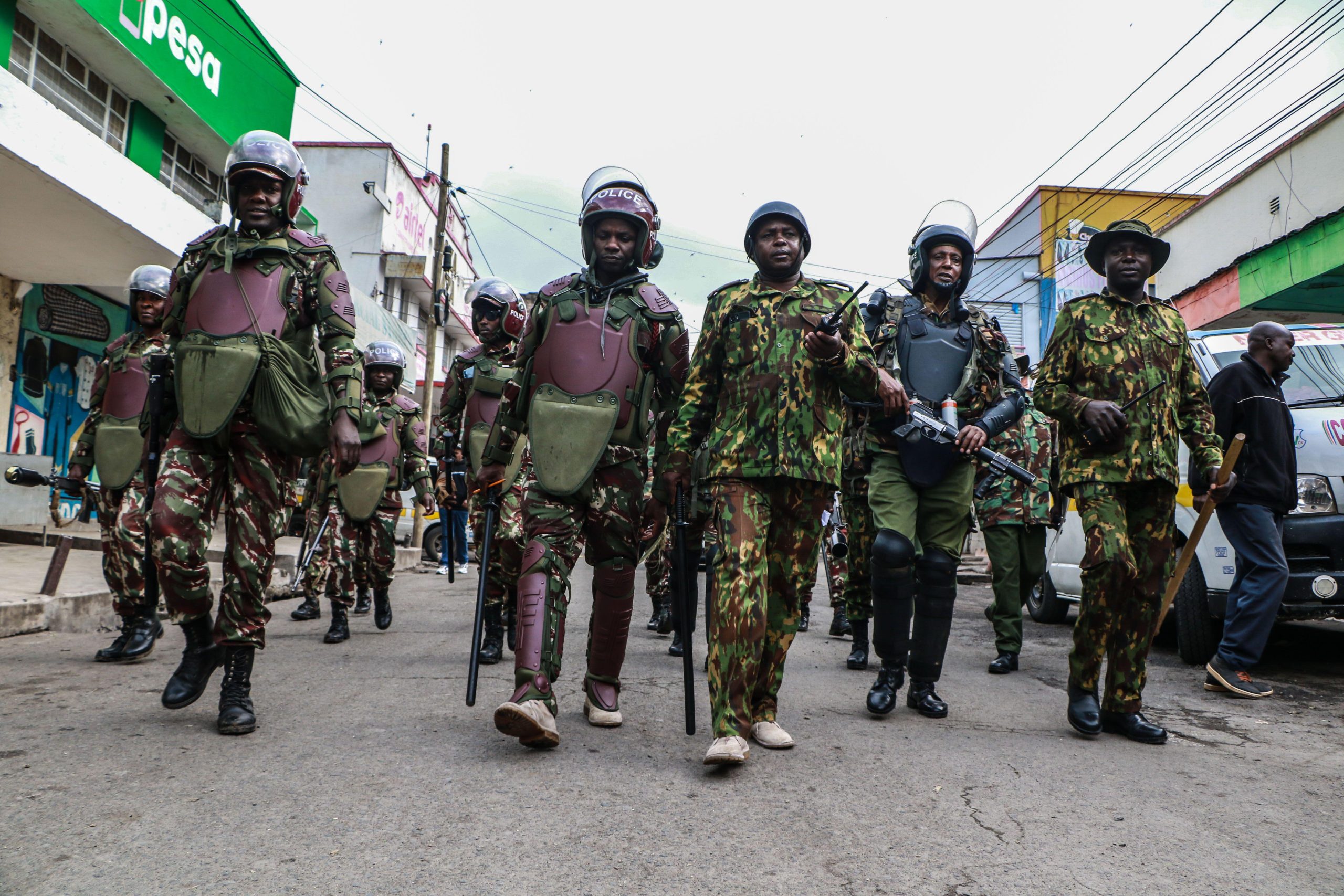Last night, the Hammersmith Apollo arena in London was invaded by thousands of Russian speakers who came to see the only UK tour date of the iconic St Petersburg rock band DDT.
The band, founded in 1980 by lead vocalist Yuri Shevchuk, has been at the forefront of Russian rock ever since.
Unlike most other Russian rock bands of the 1980s, they never traded their mother tongue for English: a difficult choice, but one that paid off in the long run. DDT also quickly acquired the status of dissidents, experiencing frequent rows with the authorities. Recently, Shevchuk’s name hit the headlines again for openly confronting Vladimir Putin in a heated debate and for partnering with Bono to save the Khimki forest from destruction.
DDT presented their new album “Inache” (“Otherwise”), surprising the public with unusual sounds and stunning visuals. In the final part of the concert, the performance shifted towards the lyrical ballads the band is famous for.
Opening the show, Shevchuk said: “Why is this show called “Otherwise”? Because many people in Russia want to live otherwise. Tonight, we will say goodbye to the glorious past and will crawl into the brutal reality of today, as we want Russia to have a brighter future”.
Index spoke to Shevchuk after the concert. The star gave a statement in support of the Sing for Democracy project, which is using the Eurovision contest to build momentum and call for human rights in Azerbaijan, the host country for the musical competition this year. Recently, two musicians were arrested after performing a concert in Baku: they have not been released yet, and according to insistent allegations they might have been tortured. In Russia, the case of punk band Pussy Riot is still firing up the public opinion. Shevchuk told Index:
“A musician is a very peculiar type of being. As in Azerbaijan, so in Russia, so in London — a musician is a being of freedom. A musician does not have any owners, except for God. You thus must not offend musicians, as they are the freest of all people. Because music is not generated from anywhere; it comes out of freedom, of inner freedom. Hence: hands off the musicians!”




